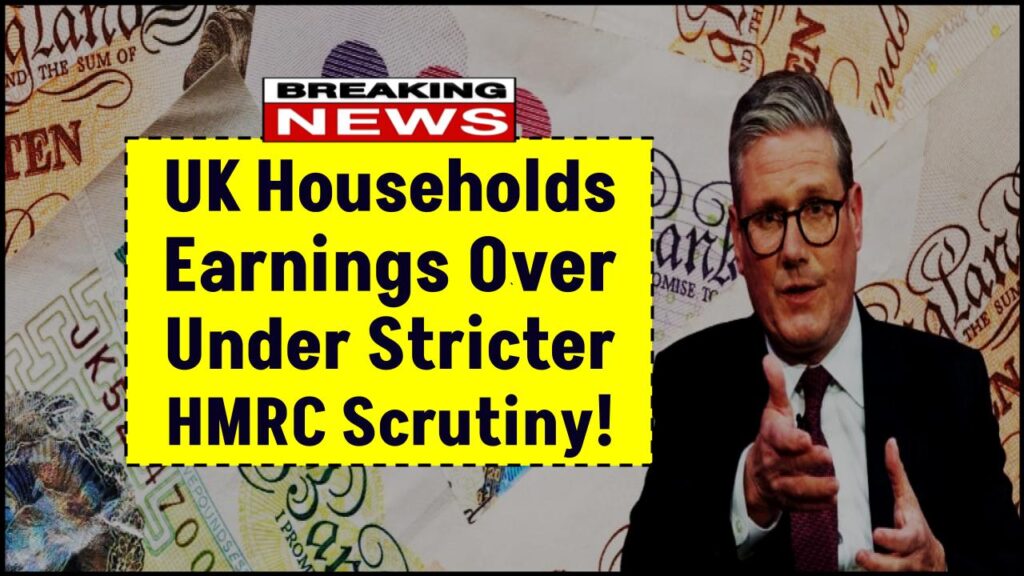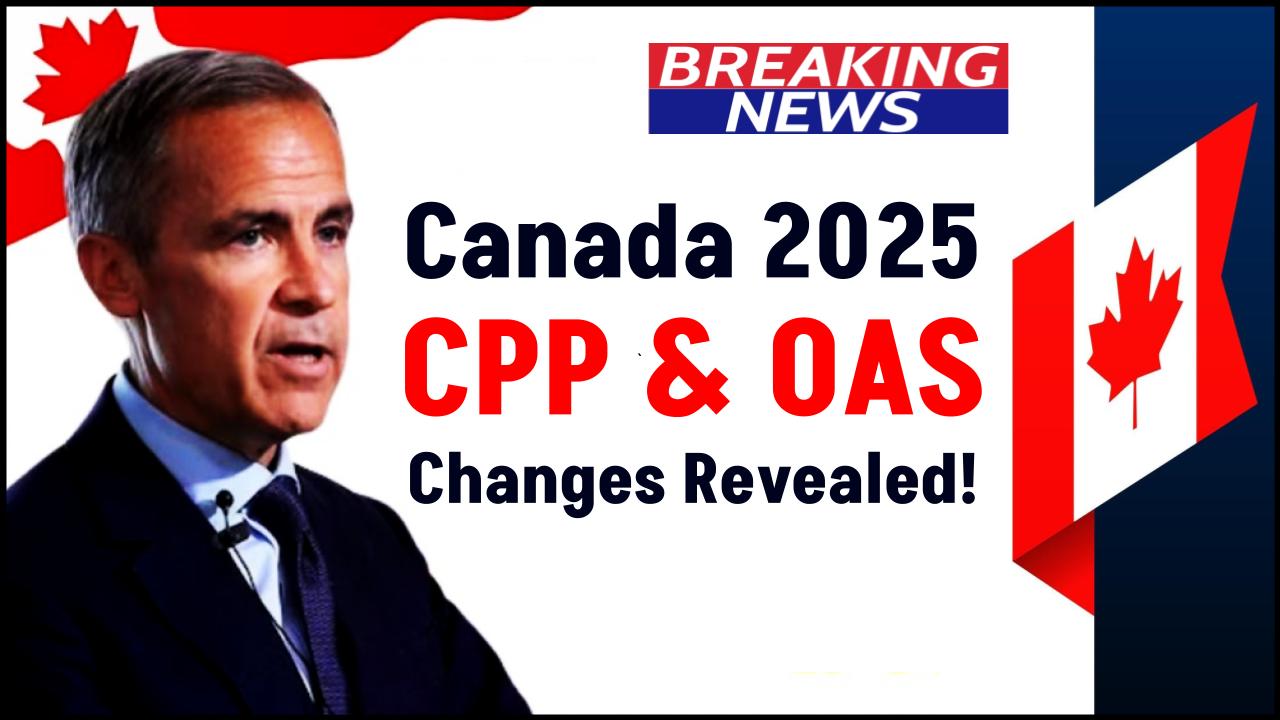UK Households Earning: UK households earning over £200,000 annually or owning assets worth more than £2 million are under increased scrutiny by HM Revenue & Customs (HMRC). This change follows findings by the National Audit Office (NAO), which suggest that tax evasion and avoidance among high earners are more common than previously believed. As a result, HMRC is tightening its compliance measures. Whether you’re a business owner, high-level executive, or property investor, understanding how this affects you is key to staying compliant and stress-free.

UK Households Earning
| Aspect | Details |
|---|---|
| Who Is Affected | Individuals earning over £200,000 or with assets over £2 million |
| How Many People? | Approx. 850,000 individuals |
| Taxes Contributed | £119 billion in 2023-24 (25% of total personal tax receipts) |
| Compliance Yield Increase | From £2.2bn (2019-20) to £5.2bn (2023-24) |
| Penalties Dropped | From 2,153 (2018-19) to 456 (2023-24) |
| Official Source | National Audit Office |
If you earn over £200,000 or hold assets worth more than £2 million, HMRC is watching more closely than ever. But this isn’t a reason to panic. By taking proactive steps—from accurate reporting to hiring the right tax advisors—you can stay compliant and stress-free. Understanding the new scrutiny framework gives you a major advantage. It’s not about hiding; it’s about planning smartly, acting transparently, and staying ahead of the curve.
Understanding HMRC’s New Focus
Why Is HMRC Increasing Scrutiny?
The National Audit Office (NAO) recently published a report revealing that wealthy individuals may be avoiding significantly more tax than previously known. In response, HMRC is sharpening its focus on high earners, aiming to recover lost tax revenue and improve compliance. According to The Guardian, the compliance yield (money recovered through enforcement) more than doubled between 2019 and 2024. Yet, despite this, the number of penalties issued to wealthy individuals plummeted, raising questions about enforcement effectiveness.
Who Is Considered “Wealthy” by HMRC?
HMRC defines a “wealthy individual” as someone who:
- Earns more than £200,000 annually, or
- Has assets worth over £2 million These thresholds are not just numbers; they mark a line beyond which your tax affairs are likely to be examined more closely.
What This Means for You
If you fall into HMRC’s “wealthy” category, here are the three biggest implications:
1. More Frequent Compliance Checks
Expect detailed reviews of your:
- Income streams
- Investments and property portfolios
- Offshore holdings and trusts
2. Closer Look at Your Financial Advisors
HMRC will also be reviewing the practices of wealth managers, tax planners, and accountants involved in your financial affairs.
3. Risk of Retroactive Penalties
Even if your finances were cleared in the past, new scrutiny could uncover issues that result in backdated penalties or interest charges.
Real-World Example
Imagine Sarah, a consultant earning £250,000 per year, with a buy-to-let portfolio worth £2.5 million. She uses a tax advisor to manage her offshore investments. In light of the new rules, HMRC could flag her for a routine compliance review, examining whether her offshore income was declared properly. If discrepancies are found, Sarah could face:
- Fines
- Interest charges
- Public scrutiny, depending on the case
UK Households Earning: How to Stay Compliant with HMRC?
Whether you’re just over the income threshold or managing a multi-million-pound estate, these steps can help you stay compliant:
Step 1: Review Your Financial Profile
Make sure you understand where you stand in terms of income and assets. This includes:
- Pension funds
- Real estate
- Business equity
Step 2: Ensure Accurate and Timely Reporting
Declare all sources of income, especially:
- Foreign earnings
- Rental income
- Dividends and capital gains
Step 3: Hire a Qualified Tax Advisor
Look for advisors who:
- Are chartered accountants or certified tax advisers
- Have experience with high-net-worth clients
- Understand HMRC’s current focus areas
Step 4: Maintain Transparent Records
Keep digital and hard copies of:
- Tax returns
- Bank statements
- Investment documents
Step 5: Conduct Annual Tax Health Checks
This proactive measure can:
- Identify issues early
- Help avoid penalties
- Keep you ahead of policy changes
FAQs on UK Households Earning
Is HMRC targeting the wealthy unfairly?
No. HMRC’s goal is to ensure everyone pays their fair share. The wealthy simply represent a significant portion of tax revenue and are more likely to use complex financial arrangements.
Will HMRC audit everyone over the £200,000 threshold?
Not necessarily. But your chances increase if your tax returns contain errors, inconsistencies, or red flags.
What if I’ve made a mistake on my taxes?
You should consult a tax professional and voluntarily disclose the issue. HMRC often treats self-reported mistakes more leniently.
Are offshore accounts illegal?
No, but they must be declared. Failing to disclose them is illegal and carries stiff penalties.
How do I find a reliable tax adviser?
Check resources like:
- The Chartered Institute of Taxation (CIOT)
- The Association of Taxation Technicians (ATT)





